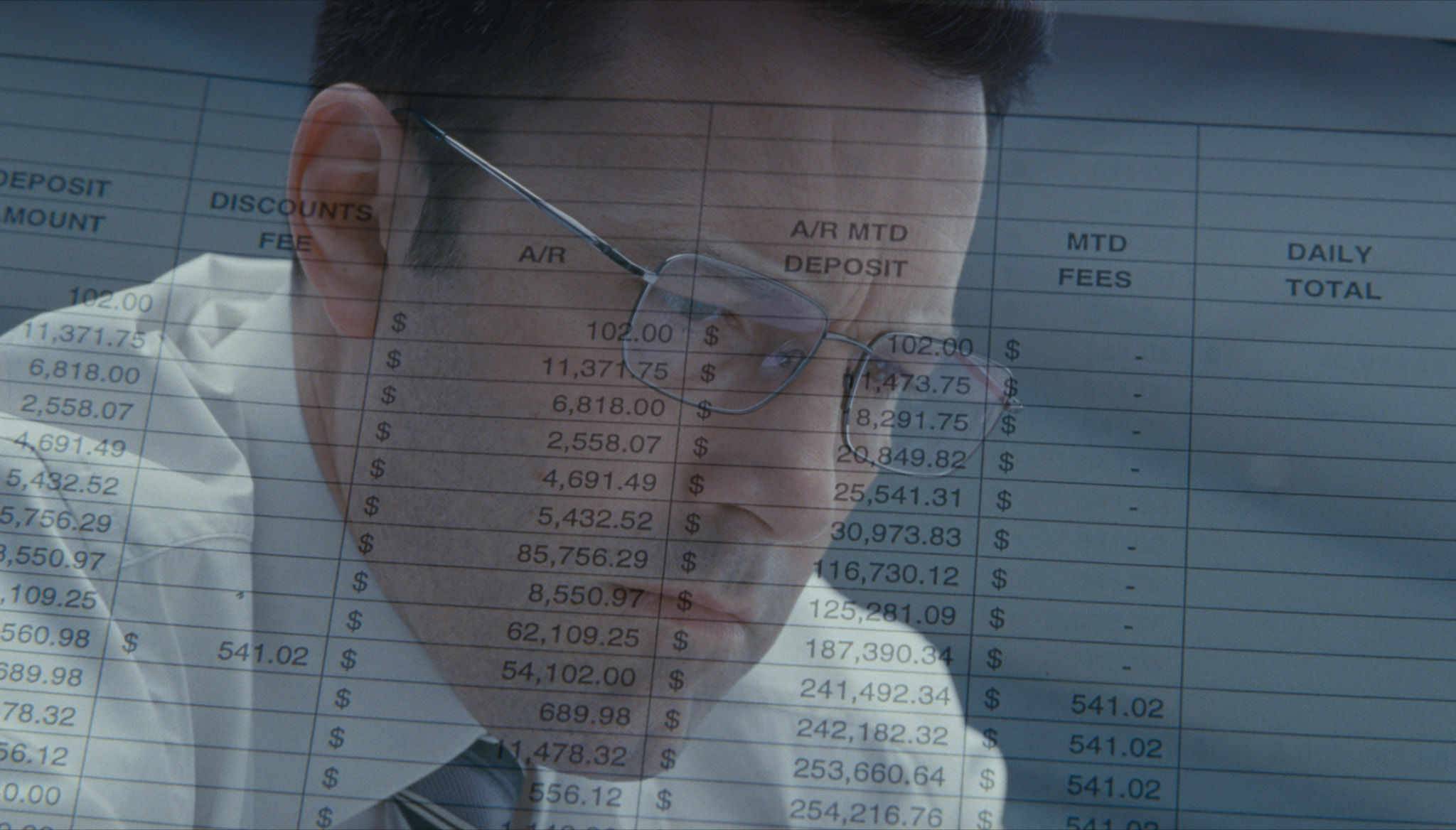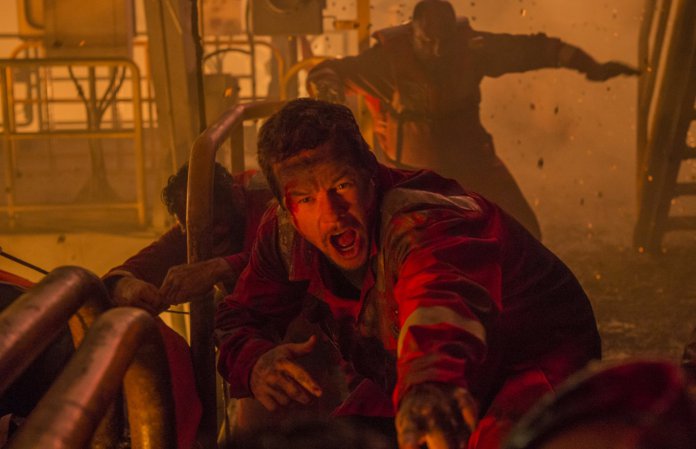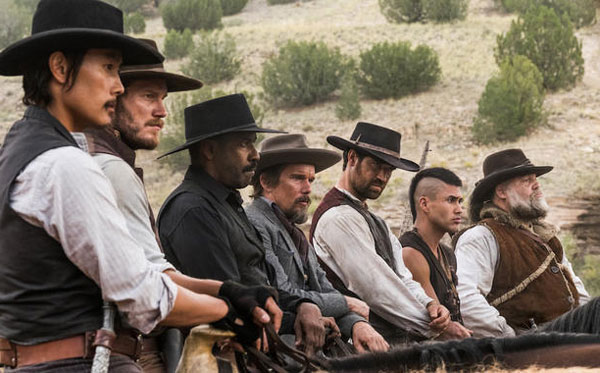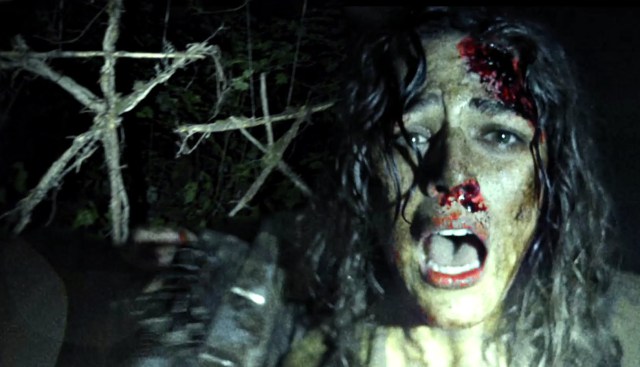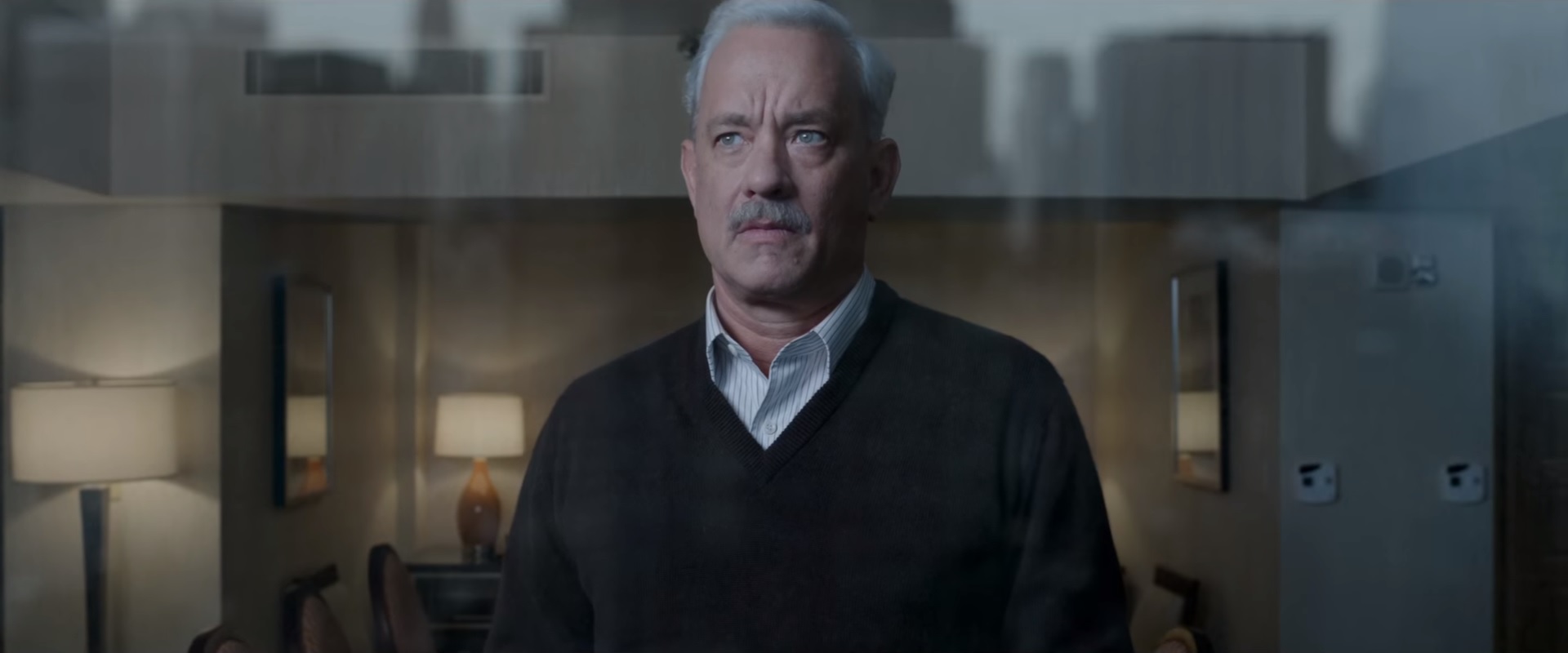Keeping Up With the Joneses
by George Wolf
Jon Hamm and Gal Gadot as smooth and glamorous undercover spies? I’ll buy that. How ’bout Zach Galifianakis as a sensitive nerd and Isla Fisher as the wife just one makeover from bringing sexy back? Not a stretch.
Finding any good reason for Keeping Up with the Joneses, though, certainly is.
Jeff and Karen Gaffney (Zach and Isla) have just sent their two boys off the summer camp and finally have the house the themselves, so you know they first thing they do when they’re alone? Eat popcorn and watch The Good Wife on DVR! That’s just the first of many obvious punchlines in search of a laughtrack.
See, the thrill is gone and the Gaffneys need that spice back! New neighbors Tim and Natalie Jones (Jon and Gal) bring it. They’re too perfect, and Karen just knows they’re up to no good, so she puts on a funny hat to follow Natalie, and they end up trying on lingerie together! Isn’t that zany and scandalous for these suburban wives?
This whole thing is just a waste of everyone’s time. The cast is talented, and director Greg Mottola has a fine resume (Superbad, The Newsroom) so shade might be thrown in the general director of Michael LeSieur and his inane script.
There’s nothing new here, nothing really creative (well, okay, the end credit graphics have a fine style) and very, very little that’s worth even a chuckle. Will the squares in white suburbia teach the superspies about feelings? Will the spies show the bored couple how to put sex and excitement back in their marriage?
Wait, wasn’t I in a movie like this, but better?
Yes, Gal Gagot, you were. It was Date Night, and it was funny.

